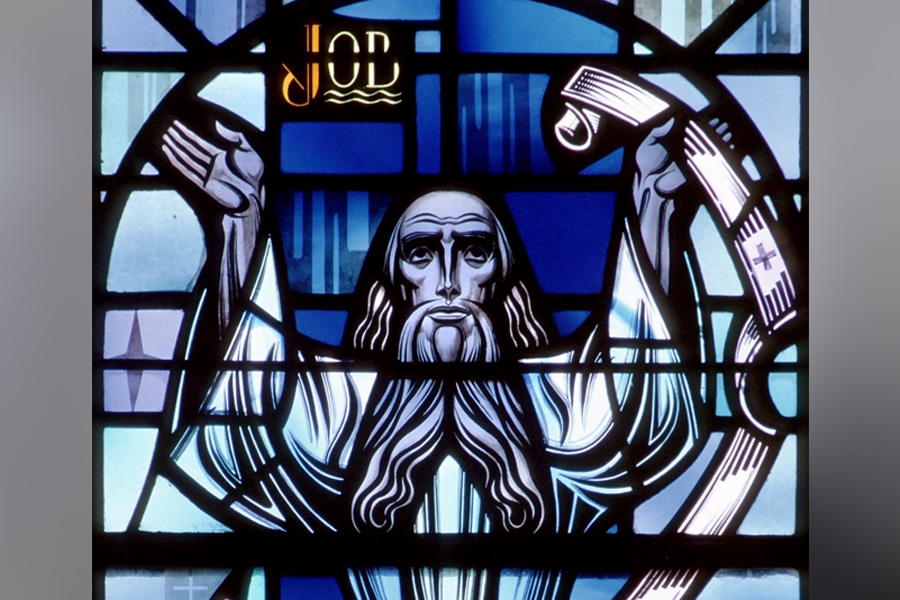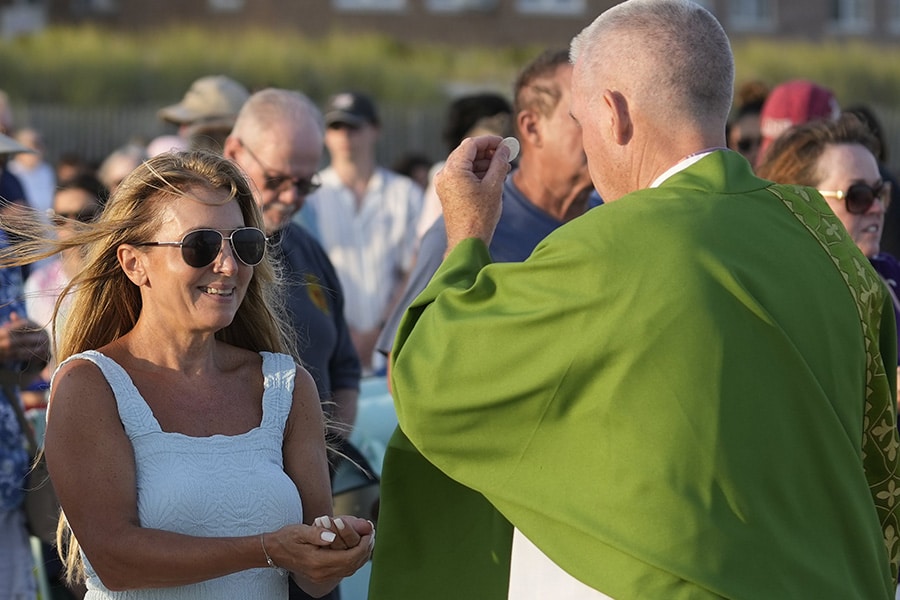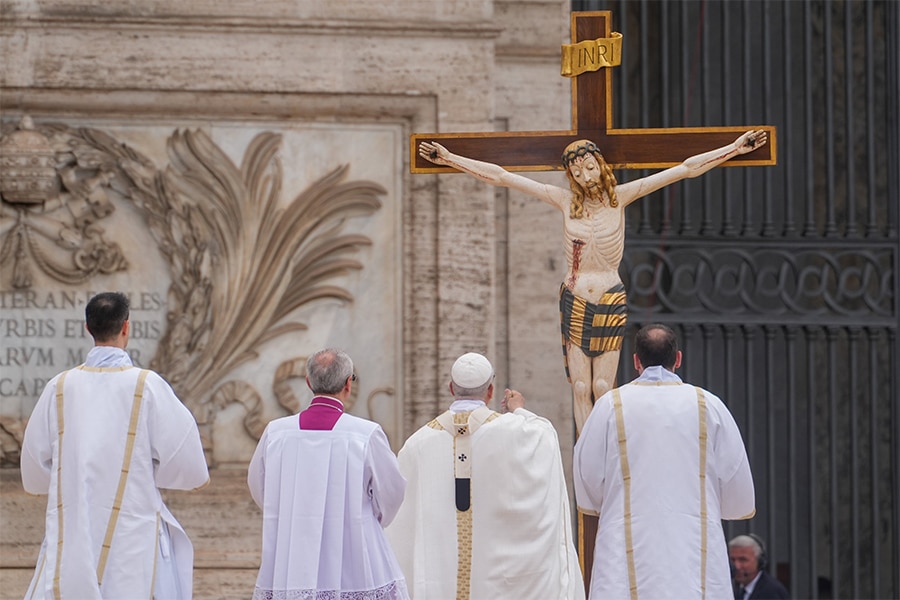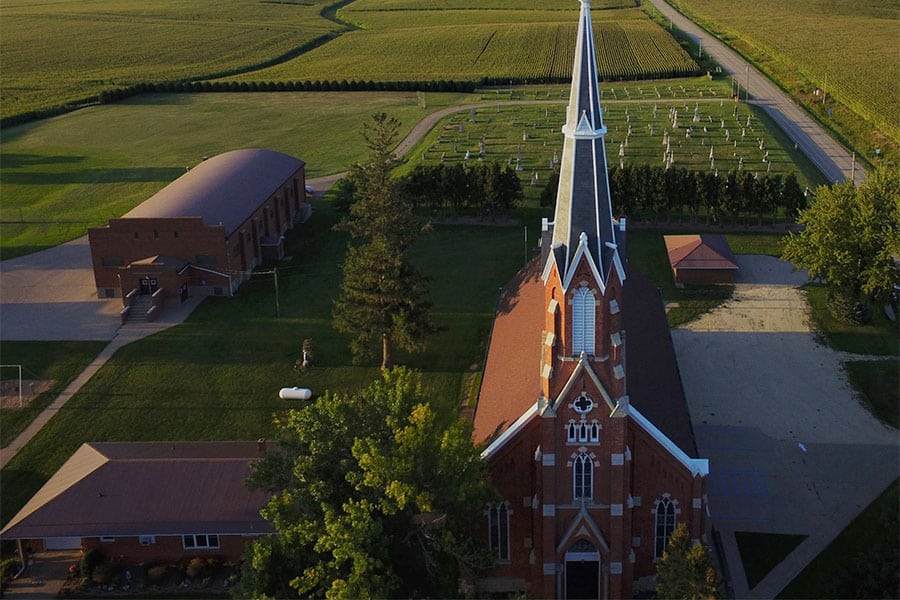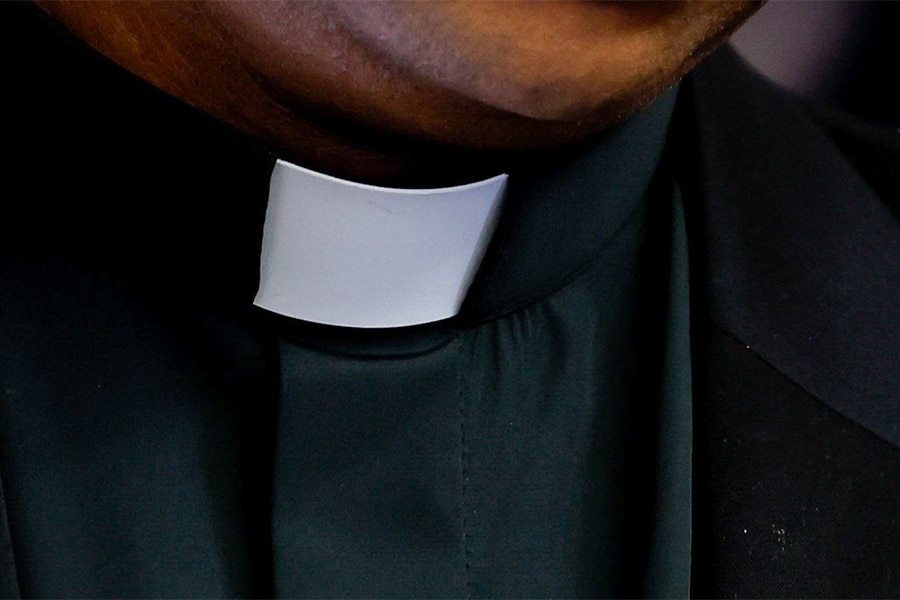Q: Do you think the martyrs of the English Reformation went to heaven even though they were teaching communion to be symbolic and not literal? Wouldn’t they be guilty of heresy? (Roswell, Ga.)
A: First, let’s define a few terms. According to canon 751 of the Code of Canon Law: “Heresy is the obstinate denial or doubt, after baptism, of a truth which must be believed by divine and catholic faith.” Note that a person does not become a heretic by being genuinely mistaken, honestly uniformed about the truths of the faith, or privately suffering from a personal doubt. Rather, heresy consists of an obstinate — that is, persistent and stubborn — rejection of Catholic teaching by a person after they were baptized, i.e. after they were presumably (and fully) catechized and thus could be expected to have the “tools” necessary to properly understand our faith.
Given this, we can make a technical distinction between what we call “formal” and “material” heresy. Material heresy is the simple fact of a person professing a belief that is at odds with the Catholic faith, when looked at apart from the full context of that person’s intentions, or level of understanding. Merely material heresy is not necessarily a sin and is not a canonical crime (though it can still be a serious problem in many circumstances — e.g., you would not want a religion teacher in a Catholic school to be a material heretic).
Formal heresy, on the other hand, is true heresy, where a person knowingly, deliberately and freely proclaims a teaching directly contrary to our Catholic faith, perhaps even after having been corrected repeatedly by their proper pastors.
Historically, the “martyrs of the English Reformation” are not a monolithic group. There were many Catholic martyrs who died as witnesses to the truths our Catholic faith. But as you allude to in your question, there were also a great number of Protestants who were killed for defending their own understanding of scripture and Christian doctrine. The main point of departure for the English Reformation (as opposed to other Protestant movements throughout the rest of Europe during that time) was a denial of papal authority. Still, among the English Protestants there seems to have been a range of different specific beliefs regarding other areas of the faith. So, although some Protestant English martyrs did embrace formal heresy with respect to belief in the Eucharist, others may have been only material heretics, and some earlier Protestant English martyrs likely did believe in the Real Presence.
I cannot “read souls,” so I personally don’t have an opinion as to whether or not any specific Protestant martyr of the English Reformation was ultimately destined for heaven. But we do believe that God is loving and merciful and desires that all his children be saved, and we can never know what exactly goes on between a soul and God in the last moments of life. Therefore, we can certainly hope that the Protestant martyrs embraced the light of God’s truth once it became obvious to them, and subsequently made it on the path to heaven.
Interestingly enough, one notable Catholic martyr of the English reformation, St. Thomas More, expressed this exact sentiment regarding his own persecutors. At the end of his trial, just after having been condemned to death for refusing to acknowledge King Henry VIII as the head of the church in England, More stated that just as St. Paul persecuted St. Stephen, yet both were now saints and friends together in heaven, “…so I verily trust, and shall therefore right heartily pray, that though your lordships have now here in earth been judges of my condemnation, we may yet hereafter in Heaven merrily all meet together to everlasting salvation.”
Read More Question Corner
Copyright © 2023 OSV News


